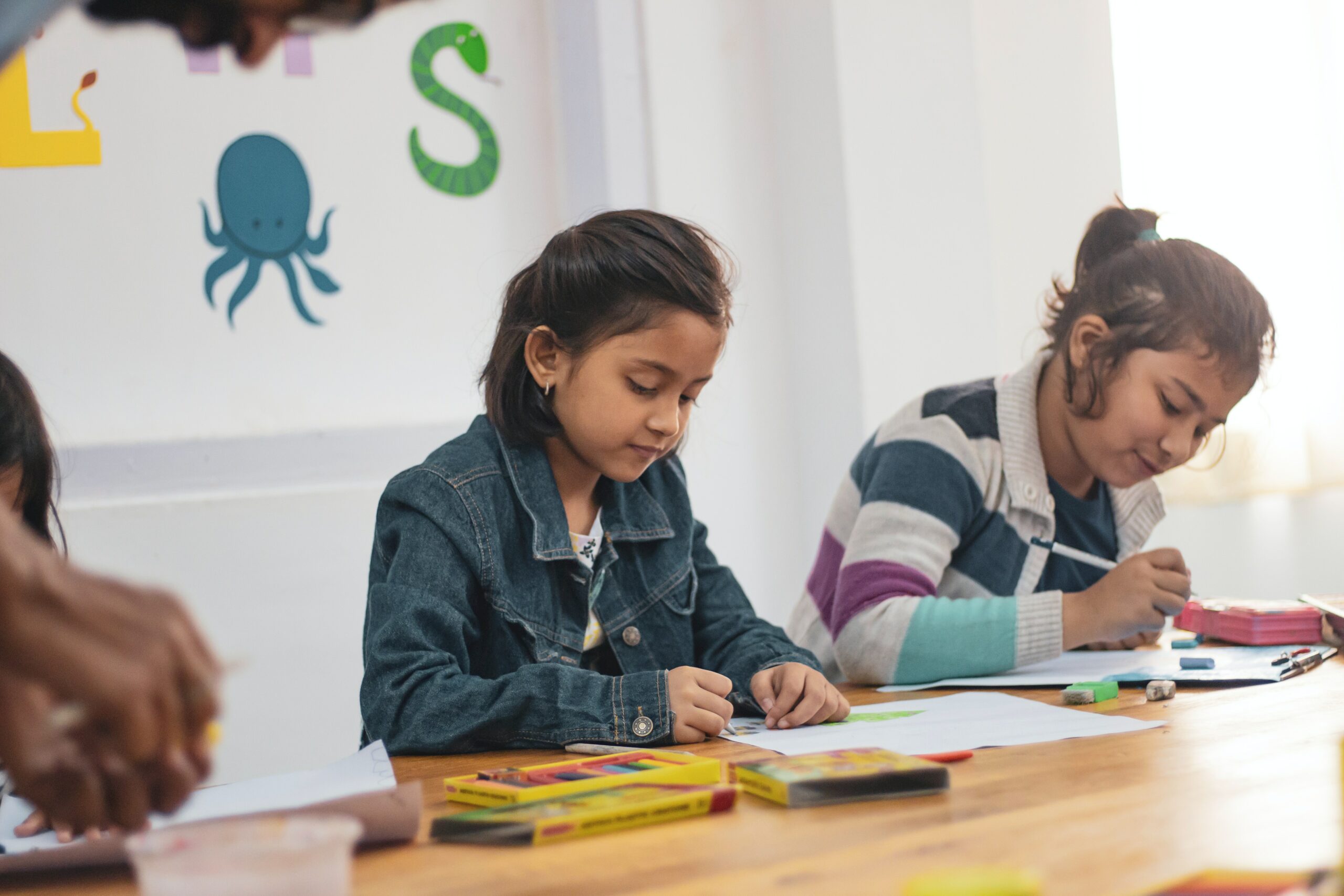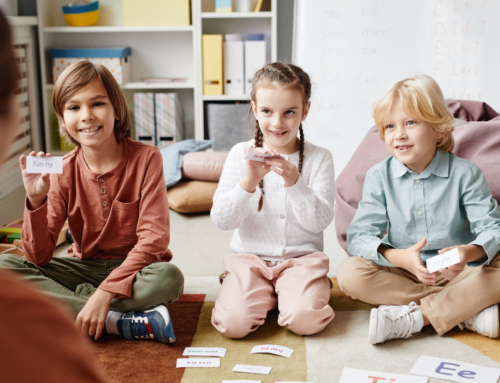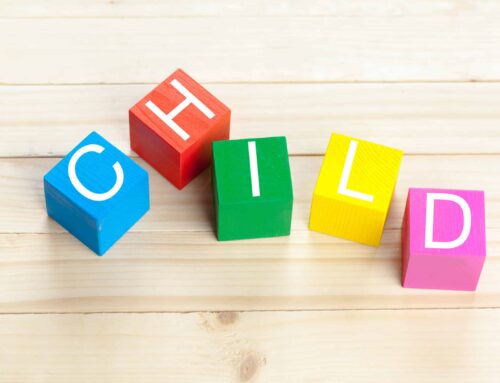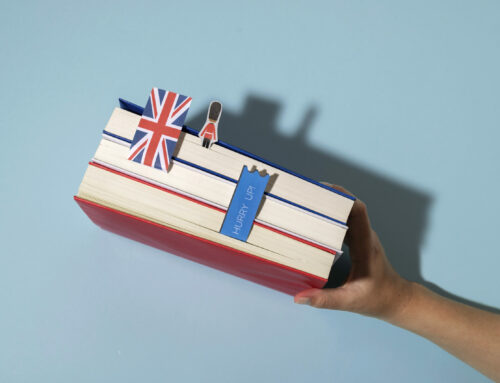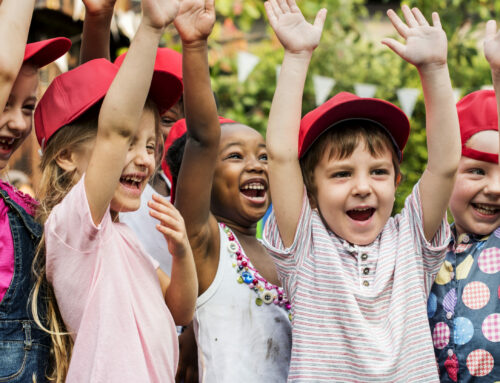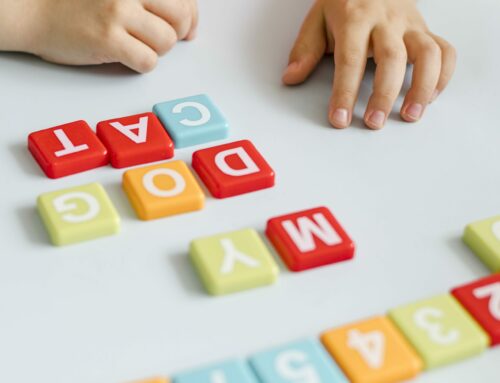Expatriation can be an enriching experience, though it will inevitably come with great changes to your family life. These changes will impact many aspects of your life, but also of your children’s life.
Whenever you prepare your arrival in France, or even your return after a few years working abroad, it’s always there: a mountain of administrative tasks! Amidst all of those questions, education will more often than not cause you many sleepless nights… It is THE question that all parents ask themselves: What kind of education should I pick for my child(ren) ?
School is a place of integration and fulfillment for every child, and your choice will impact their wellbeing and adaptation to a new culture. Naturally, you need to have all the information on hand to choose the proper instruction in France, and this question can prove surprisingly complex if you aren’t well informed.
So, how do you go about choosing the right educational program you will put your children in when you are an expatriate or inpatriate?
In France, school education is mandatory for children ages 3 to 16 years old living on French soil, regardless of their origins. During your expatriation or inpatriation (when you return to France after being an expatriate in a foreign country, author’s note), properly setting up your child’s education will be essential.
Nonetheless, before jumping into that mountain of red tape, you will need to choose what kind of education your child(ren) will receive. Indeed, while education itself is mandatory in France between the ages of 3 and 16, you still get a say in what kind of education your child(ren) may receive. You can choose to put them through the public or private school system, classical education or international, all depending on where in France you will settle. Be it in Paris, another large metropolitan city, or another province.
Choosing the right school system for your children.
The question of finding the right school system raises many questions for all parents. You need to think about the registration procedure, the various available school systems, what you are looking for, as well as your future in France amongst many other decisions.
But above all else the question of the school system demands you find an answer that suits your child within the French system depending on their personality, affinities, their areas of expertise. All of this so that they may best integrate into daily life in another country, as well as their new life in school. That means that before picking a school, you need to first define what would best suit both your child(ren)’s wellbeing and your personal situation. Your decision will stem, among other things, from your answer to these questions:
- What is their age ?
- Do they speak French? Do you want them to become bilingual?
- Do they take well to changes? What are they like personality-wise?
- How long will you be staying in France?
- Where will you live ? In a smaller province, or a larger metroplitan city such as Paris?
- Which school system(s) did your child (ren) join previously?
- What field of study do you think your child will plan on pursuing?
…
Private schools: The first choice for expatriate and impatriate families
Studies all agree (and empirical evidence does as well), parents of expatriated or impatriated families will often choose to enroll their child(ren) in a private school.
In the public system, your child will be taken into the local school after registering at the town hall. They will fill you in on all the information relative to the school and give you a registration certificate, which you will need to send to the school director to validate definitively your child(ren)’s registration. Registration generally takes place between March and June of the preceding year, even if they remain open throughout the year, depending on availability.
On the other hand, private schools, being more in demand, open registration earlier, between September and March of the preceding year and are almost impossible to join once the school year has started. Anticipate as much as possible and start looking into schools at the start of your expatriation or impatriation project if you plan on enrolling your child(ren) in a private school and/or bilingual school. The website Welcome to France may help you get a good start in your research.
An international education to settle in Paris while cultivating one’s origins
Whenever they arrive or return to France, the expatriated or impatriated children will bring cultural and linguistic baggage from their country of origin, or the country they discovered throughout the years. They built themselves a personality, acquired values, knowledge, and even reflexes specific to this country. To preserve this cultural fabric they have acquired, or to cultivate their open-mindedness all the while helping them integrate or reintegrate French culture, it is preferable to choose an international school for your child(ren).
English school for a bicultural education
Choosing the right school is an important question, one that must be considered in light of your new situation. Whatever your country of origin or country of expatriation may be, you will arrive/come back to France with a bicultural experience. This is an important experience that you will want to conserve and foster to allow your child(ren) to continue to develop their open-mindedness to the world around them. And you are right!
You will likely wonder what school to choose to foster your child(ren)’s bilingualism or their native language. How to initiate them to the English language, the international language that would allow them to travel the world, study, and work almost anywhere in the world. If English schools look to you to be the best solution for your child, you would then likely need to assemble a registration file, and also meet with the school representatives and see together if the vision of your child(ren)’s education is compatible with an education in their bilingual school.
The Garden Academy: three bilingual schools in Paris 100% immersive
Every year, The Garden Academy welcomes many expatriated or impatriated children ages 2 to 12 in our preschool, school, and afterschool classes.
By offering classes in an environment that is at once multicultural and beneficial, our centers allow for families of expatriates in Paris to feel at ease, accommodated, and understood. Like many expatriate families, we have an open-mindedness toward the world and curate and real multicultural experience!
Our teachers are all native English speakers from England, the United States, Canada, Ireland, Australia, or even South Africa. They will offer your children a totally immersive experience in the English language and are taught in active pedagogies (most notably: Montessori). Our methods and the way we organize our activities allow each student – naturally and effectively – to learn English and to perfect their grasp of the language, all the while following a rich program that is well suited for Preschool and the Early Years Educational program.
Our workshops are composed of both artistic – music and songs – and scientific activities. We offer reading and writing workshops, along with games, sports and activities focused on wellbeing that encourages personal growth and fulfillment, fostering the children’s natural curiosity and desire to learn new things and to discover themselves. All of our workshops are built around the goal to foster your child(ren)’s openness towards the world, all the while still wearing international colors.
Our three centers in Paris (15th, 7th, and 5th arrondissements) are all set up at a human scale: We only accept up to 8 to 12 children per class. Our system allows for a greatly individualized education, where each child will progress at their own pace thanks to our personalized approach and quality environment.
Contrary to other bilingual schools, The Garden Academy offers all of its activities in a fully English-speaking environment, overseen by native-speaking teachers. We introduce French little by little, throughout the first trimester for the preschool and school track, which will allow your child(ren) to slowly get used to their new school and environment, regardless of their original French level.
